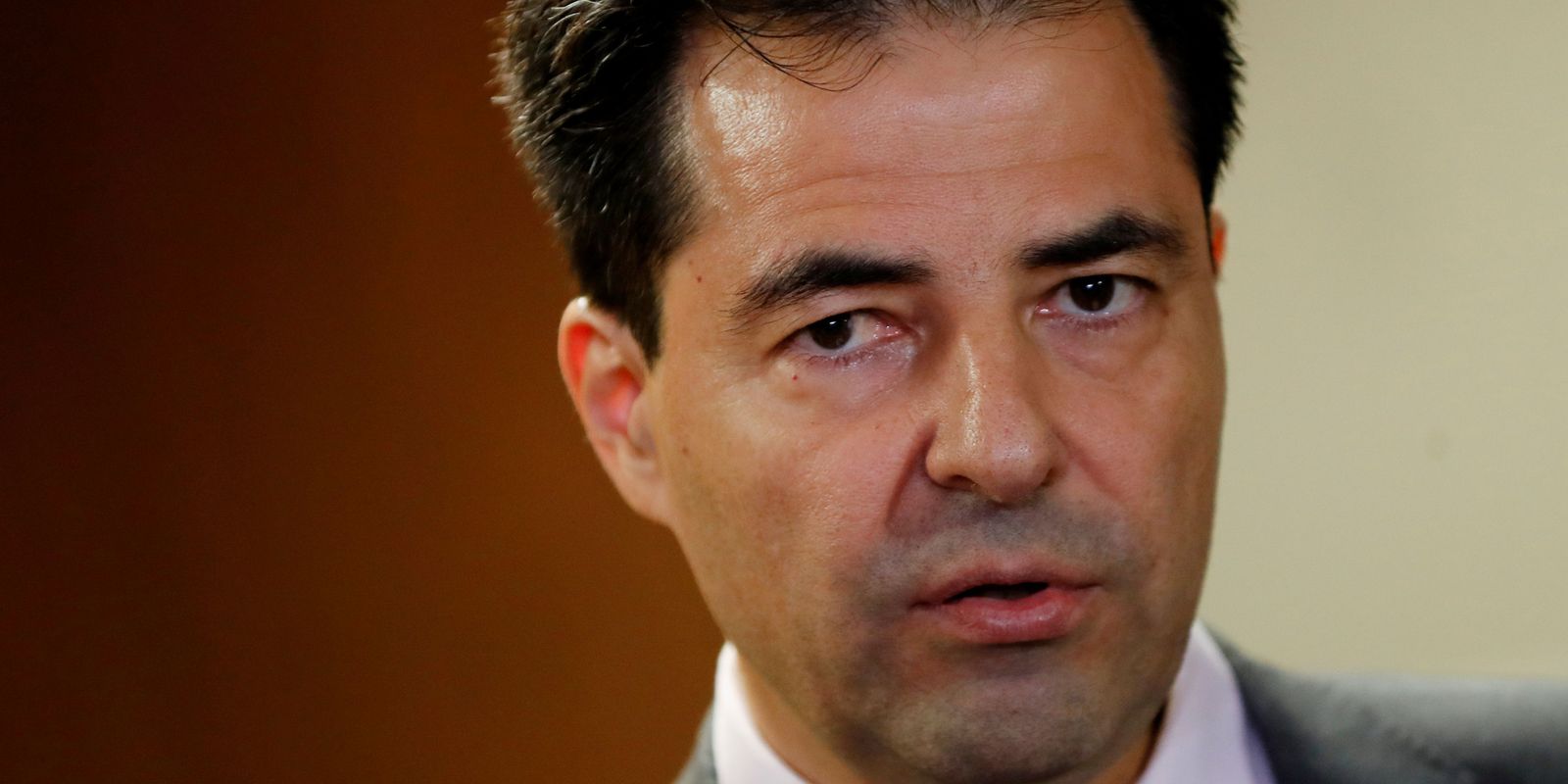One day after the resignation of José Mauro Coelho from the presidency of Petrobras, the Minister of Mines and Energy, Adolfo Sachsida, said this Tuesday (21) that it is not possible to interfere in the price of fuel at the state-owned company. The statement was given at a joint public hearing of the Financial Inspection and Control commissions; of Finance and Taxation; Mines and Energy; and Transport and Transport of the Chamber of Deputies.
During his initial presentation, Sachsida stressed that the prices charged are a decision of the company. “It is not in the control of the government. And honestly, price is a company decision, not the government’s. In addition, we have legal frameworks that prevent government intervention in a company, even if the government is a majority shareholder,” she said.
Exchange
The Minister of Mines and Energy said that, despite “respecting” the former president of Petrobras, the change in command of the company had already been decided. Adolfo Sachsida said that as soon as he took over as minister – last month – saw fit to promote a change in the company, believing that it is time to increase the company’s competitiveness. “There is no way to help Brazilian consumers with the current structure that the company has, enormous market power, on the one hand it is state-owned, sometimes it is private”, he said.
The minister added that, with the support of President Jair Bolsonaro, in the name of this scenario of more competition, nominated Caio Paes de Andrade for the role because he is “a person with experience in very competitive sectors to bring to Petrobras this important experience of competition to enhance the brand”.
Pressured by President Jair Bolsonaro and by the president of the Chamber of Deputies, Arthur Lira (PP-AL), José Mauro Ferreira Coelho resigned yesterday to the command of Petrobras just over two months after taking over the state-owned company. The decision was taken after the company announced, on Friday (19), a new readjustment of 14.26% in diesel and 5.18% in gasoline at the refinery.
War
The minister said that “there is, yes, a problem of taxation in fuel prices”, and that the government is trying to alleviate the situation aggravated by the reduction in supply resulting from the war in Ukraine.
Still on the pricing policy, Sachsida highlighted that Petrobras is a company listed on the stock exchange and that the company’s decisions are taken solely and exclusively by its president, its directors and its board of directors. “There is no government influence in these decisions. What the government does is choose the president and appoint some members of the board of directors so that you give the company a certain direction”, he said.
reviews
Among the criticisms directed at Petrobras, Adolfo Sachsida recalled that although it occupies the sixth place in production in the world, the state-owned company is third in profit. The minister also presented figures that show that Petrobras had a net profit well above other oil companies in the first quarter, and that it is paying more dividends in relation to other companies in the world.
According to the minister, Petrobras’ profit in the first three months of the year corresponds to the sum of six giants on the Brazilian stock exchange. The company’s profit, according to a comparative table shown in the Chamber by the minister, is equivalent to the sum of the profits of Vale, of the two largest Brazilian banks, of the giant JBS, which profited R$ 6.5 billion in the same period, of Ambev, in the beverages, with R$ 3.4 billion in the first 90 days of the year, and the stock exchange, B3, with R$ 1.1 billion in profit.
Partnership
Adolfo Sachsida highlighted the “partnership between the federal government and the National Congress” for the implementation of tax measures that reduce the impact of fuel prices for Brazilians. In that regard, cited the gas aid and approval by the House of proposal that limits the ICMS on fuels.















